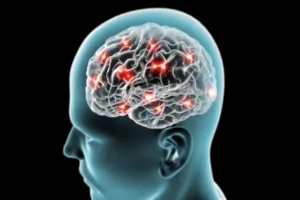
PROMO!
First order? Get 10% OFF with this code: 1storder
Written by
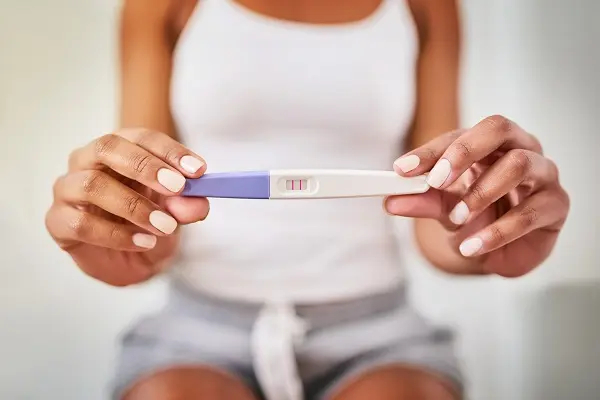
HCG fertility treatment uses human chorionic gonadotropin hormone in reproductive research. This peptide supports pregnancy and reproductive functions in research. Scientists examine how HCG affects fertility through experiments.
The hormone mimics luteinizing hormone. It triggers ovulation responses in female research. Many studies combine HCG with Gonadorelin peptide for reproductive research. These peptides help researchers understand fertility pathways and hormonal interactions.
Understanding the mechanism behind HCG’s role begins with examining how it mimics luteinizing hormone. This foundational insight sets the stage for appreciating its biological influence.
Explore HCG Peptide from Peptide Works, a fertility-supporting peptide used in research to boost hormone production and reproductive function.
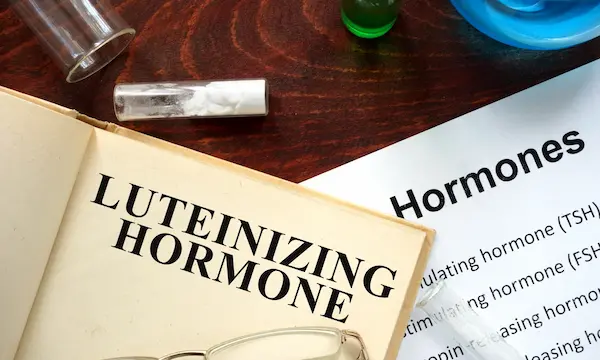
HCG mimics luteinizing hormone by binding to the same LHCGR receptor in reproductive research. HCG and LH share sequence homology but trigger different cellular responses. The key difference lies in HCG’s longer half-life compared to LH in research studies.
Research shows HCG contains more carbohydrate residues, making it more stable than LH. Scientists study how HCG triggers different cellular signaling pathways than LH in research models. While LH preferentially activates kinase pathways, HCG primarily uses cAMP signaling in studies.
This explains why HCG fertility treatment shows sustained effects in reproductive research. Both hormones demonstrate distinct physiological roles despite binding the same receptor.
To better understand HCG’s unique effect on fertility, researchers analyze the specific cellular signaling pathways it activates. These pathways are essential to decoding HCG’s biological influence.
Discover Gonadorelin at Peptide Works, a GnRH analog studied for stimulating LH and FSH release to support fertility restoration in lab models.
HCG activates mTOR signaling pathways in reproductive research studies. This pathway controls progesterone production in research models. HCG also triggers PKA signaling through cAMP activation.
Research shows HCG activates Epac-Erk1/2 pathways for hormone regulation. These pathways support reproductive functions in laboratory studies. Scientists study how HCG fertility treatment affects steroidogenic enzyme expression.
The mTOR pathway shows increased activity in luteal cell research. Gonadorelin peptide studies often compare these signaling pathways.
Since mTOR plays such a pivotal role in these signaling mechanisms, it’s important to explore how it directly affects the outcomes of HCG fertility treatment.

mTOR signaling controls how well HCG fertility treatment works in research. HCG turns on mTOR pathways in reproductive cells during studies. This process boosts enzyme production that makes hormones in research models.
mTOR helps HCG increase progesterone levels in laboratory studies. When scientists block mTOR signals, HCG becomes less effective in research. Studies show mTOR pathways control fertility hormone production through HCG.
Gonadorelin peptide research also studies mTOR signaling for hormone comparisons. This pathway is key for HCG fertility treatment success in research.
With mTOR’s role clearly established, researchers shift their attention to the specific enzymes stimulated by HCG that drive fertility-related hormone production.
HCG boosts three main steroidogenic enzymes in fertility treatment research. StAR enzyme increases significantly within hours of HCG treatment in studies. HSD3B enzyme rises substantially during the same research timeframe.
CYP11A1 enzyme shows notable increases in laboratory experiments. These enzymes work together to make progesterone in research models. StAR moves cholesterol into cells for hormone production.
HSD3B converts pregnenolone to progesterone in studies. CYP11A1 starts the steroidogenic pathway in research. Gonadorelin peptide studies also examine these same enzyme pathways for comparison.
With the rise of these enzymes, the spotlight naturally turns to progesterone itself one of the key hormones HCG influences in reproductive research.
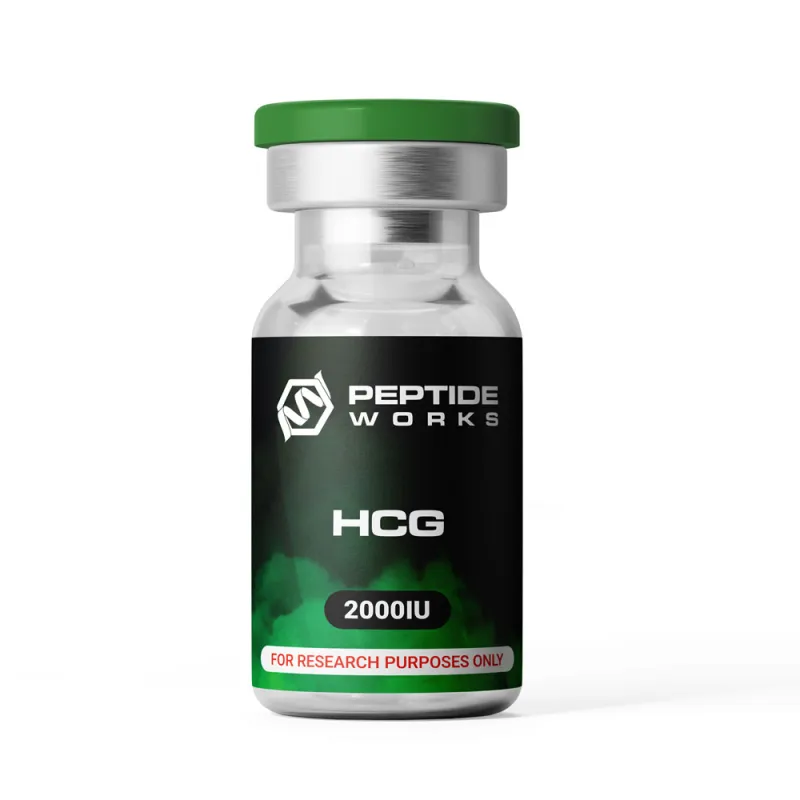
Progesterone helps HCG fertility treatment work better by making the womb lining thicker. Research shows progesterone gets the womb ready for babies to attach in studies. This hormone keeps early pregnancy safe by helping baby growth in research.
Studies show progesterone stops pregnancy loss when used with HCG fertility treatment. Progesterone supplementation boosts pregnancy success rates in research studies.
The hormone teams up with HCG to keep hormone levels steady in studies. Researchers often study progesterone with Gonadorelin peptide for complete fertility research.
Once hormone regulation is well understood, researchers turn to evaluating the measurable effects how successful HCG treatment proves in controlled lab settings.
Research studies track how well HCG works in lab tests and experiments. Researchers measure HCG effects on hormone levels in research models. Studies test HCG timing for ovulation triggers in laboratory settings.
Research compares HCG with other fertility peptides like Gonadorelin and Kisspeptin. Researchers examine how HCG binds to receptors in cell studies. Lab data shows HCG stability in different research conditions.
Peptide Works supplies research-grade HCG and other peptides for these scientific studies. Current research focuses on understanding HCG mechanisms rather than treatment outcomes.
As scientific interest continues to grow, ongoing and future research will dig even deeper mapping new possibilities for HCG in reproductive biology.
The future of HCG fertility treatment research looks bright as scientists explore new ways HCG works. Research will focus on how HCG works with other reproductive peptides like Gonadorelin.
Researchers plan to study how HCG affects genes and cell signals in more detail. New lab tools will help researchers find fresh HCG uses in reproductive biology. Future studies may show how HCG works with different enzymes and hormone pathways.
Peptide Works keeps supplying research-grade HCG and other peptides for these important scientific studies worldwide. All research stays focused on laboratory studies only.
All products discussed are supplied for research purposes only and are not intended for human use.
[1] Lee JA, Ramasamy R. Indications for the use of human chorionic gonadotropic hormone for the management of infertility in hypogonadal men. Transl Androl Urol. 2018 Jul;7(Suppl 3):S348-S352.
[2] Fink J, Schoenfeld BJ, Hackney AC, Maekawa T, Horie S. Human chorionic gonadotropin treatment: a viable option for management of secondary hypogonadism and male infertility. Expert Rev Endocrinol Metab. 2021 Jan;16(1):1-8.
[3] Nwabuobi C, Arlier S, Schatz F, Guzeloglu-Kayisli O, et al. hCG: Biological Functions and Clinical Applications. Int J Mol Sci. 2017 Sep 22;18(10):2037.
[4] Rajkanna J, Tariq S, Oyibo SO. Successful fertility treatment with gonadotrophin therapy for male hypogonadotrophic hypogonadism. Endocrinol Diabetes Metab Case Rep. 2016;2016:150124.
[5] Leão IMR, Consentini CEC, El Azzi MS, Anta-Galván E, et al. Effect of gonadorelin dose and an additional gonadorelin treatment 2 days after the initiation of Resynch-25 on ovarian dynamics and fertility of lactating Holstein cows. J Dairy Sci. 2025 Mar;108(3):2914-2932.
ALL CONTENT AND PRODUCT INFORMATION AVAILABLE ON THIS WEBSITE IS FOR EDUCATIONAL PURPOSES ONLY.
DISCLAIMER: These products are intended solely as a research chemical only. This classification allows for their use only for research development and laboratory studies. The information available on our Peptide Works website: https://peptide-works.com/ is provided for educational purposes only. These products are not for human or animal use or consumption in any manner. Handling of these products should be limited to suitably qualified professionals. They are not to be classified as a drug, food, cosmetic, or medicinal product and must not be mislabelled or used as such.
Peptide Works
Related Articles
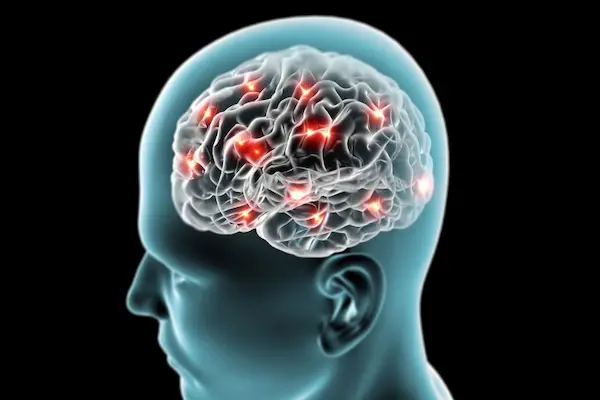
What are the Best Cognitive Peptides?
Cognitive peptides are short chains of amino acids that researchers are exploring for their potential effects on brain function. They

Achieving increased skin pigmentation without prolonged sun exposure has been demonstrated with Melanotan peptides in research. Two commonly studied options,

Can PTD-DBM Hair Growth Peptide Stop Balding?
Hair thinning and balding affect millions worldwide, often leading to frustration and limited options. This challenge has driven researchers to